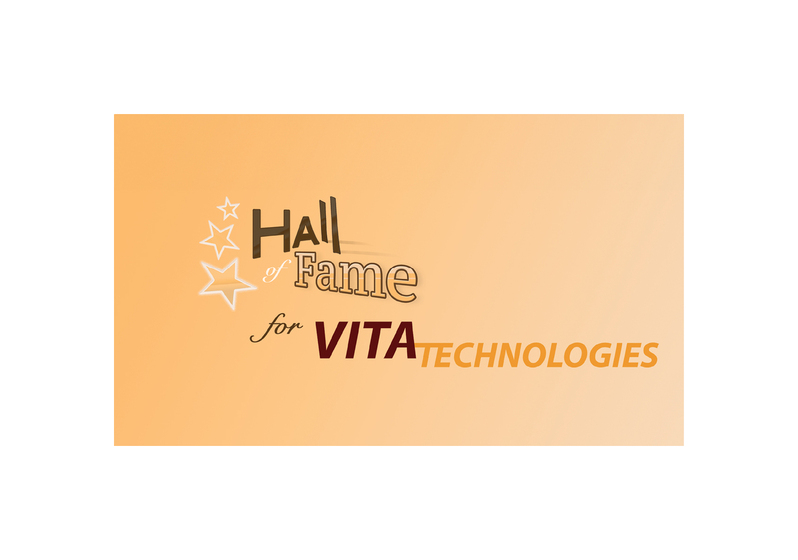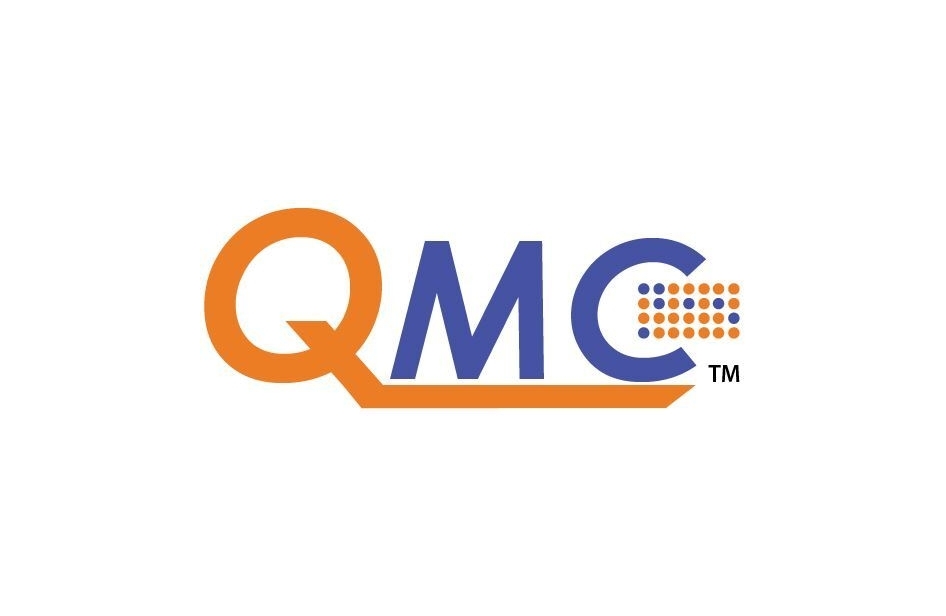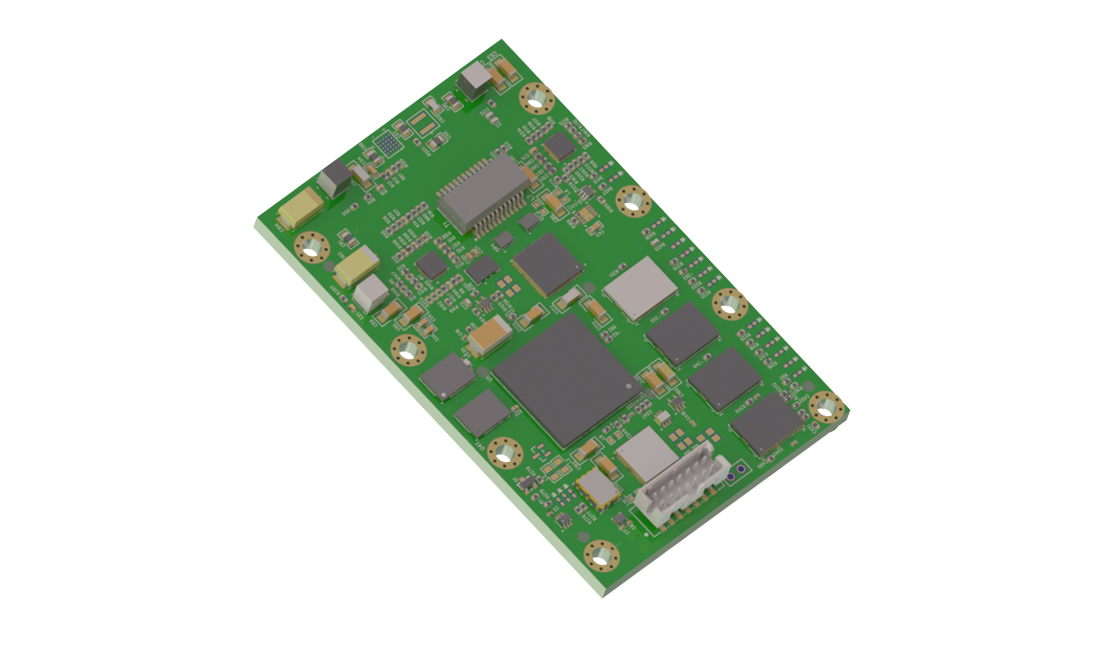The specification defines the use of the previously reserved rear I/O pins for the 64-bit CompactPCI system slot with high-speed serial signals. To preserve interoperability with existing CompactPCI standards, a fully compliant high-speed connector is used for position J2 on the module, combined with the existing backplane connectors. As such it defines just the system slot extension, while for peripheral boards CompactPCI Serial, CompactPCI Express or PICMG 2.16 boards can be combined, depending on the interface.
“This is an important technical addition to CompactPCI”, said Doug Sandy, vice president of technology for PICMG, “as it allows the use of advanced serialized busses found within all modern computer architectures for the embedded markets where CompactPCI is widely used. This avoids ‘fork-lift upgrades’, while providing a clear path to today’s higher performance silicon”.
CompactPCI was initially ratified as PICMG 2.0 in 1995. As a passive backplane system based on PCI signaling, it defined computing and peripheral nodes using 3U and 6U Eurocard form factors. Over the 14-year history of CompactPCI, PICMG has added subsidiary specifications to enhance functionality, and PICMG 2.30 represents the latest addition of these specifications.
With this release, the names of the different specifications are now finalized also. CompactPCI PlusIO is now the bridge to the new full-serial architecture called CompactPCI Serial. The previous overall name CompactPCI Plus will not be used anymore as an umbrella name for these new sets of specifications.
Details of all PICMG Europe activities and information on specifications can be found at the PICMG Europe website at www.picmgeu.org.
You can find this press release under www.men.de/press.
Get news from MEN by RSS feed: www.men.de/rss
MEN Mikro Elektronik – Profile and Mission
Since its foundation in 1982 our company designs and manufactures failure-safe computer boards and systems for extreme environmental conditions in industrial and safety-critical embedded applications. Our mission is to provide innovative solutions while maximizing reliability and flexibility.
With over 200 employees and subsidiaries in France and the USA we have an annual revenue of around 30 million Euros with an export share of about 50%. Customized solutions make for more than half of our revenue. In addition the standard product range includes far more than 100 different computer boards with Intel and PowerPC with the corresponding BIOS, BSP and driver software, manifold I/O boards and completely configured systems based on:
• ESMexpress, ESMini and ESM Computer-On-Modules
• 3U and 6U CompactPCI, CompactPCI Plus and VMEbus
• PMC, XMC and M-Modules as system-independent mezzanine I/O standards
• Rugged Ethernet switches and MIPIOS system components
The consistent use of FPGA technology gives us high flexibility when configuring customized and standard products.
Our products are used worldwide as control, measuring, test or simulation computers in all kinds of embedded applications. These comprise extremely safety-critical markets such as railways, including buses and commercial vehicles, aerospace technology or shipbuilding, but also mechanical engineering, the medical industry, telecommunications and the automotive industry. Computer systems in such applications are in operation up to 24 hours every day and often need to be available for 10 years and longer. Ideally no failures must occur to avoid costly downtimes of machines or danger to human life.
We are certified to EN 9100:2003 (aerospace), IRIS (railway), ISO 9001:2000 (quality management) and ISO 14001:2005 (environmental management) in order to meet the severe quality requirements in critical applications and to offer our customers the highest quality in products and services while considering environmental protection and occupational safety on the basis of a recognized quality management system.
Our aim is to constantly improve and to provide the highest technology and innovation level. Our business ethics is determined by the principles of the United Nations’ Global Compact Initiative (human rights, labour, environment and anti-corruption).






